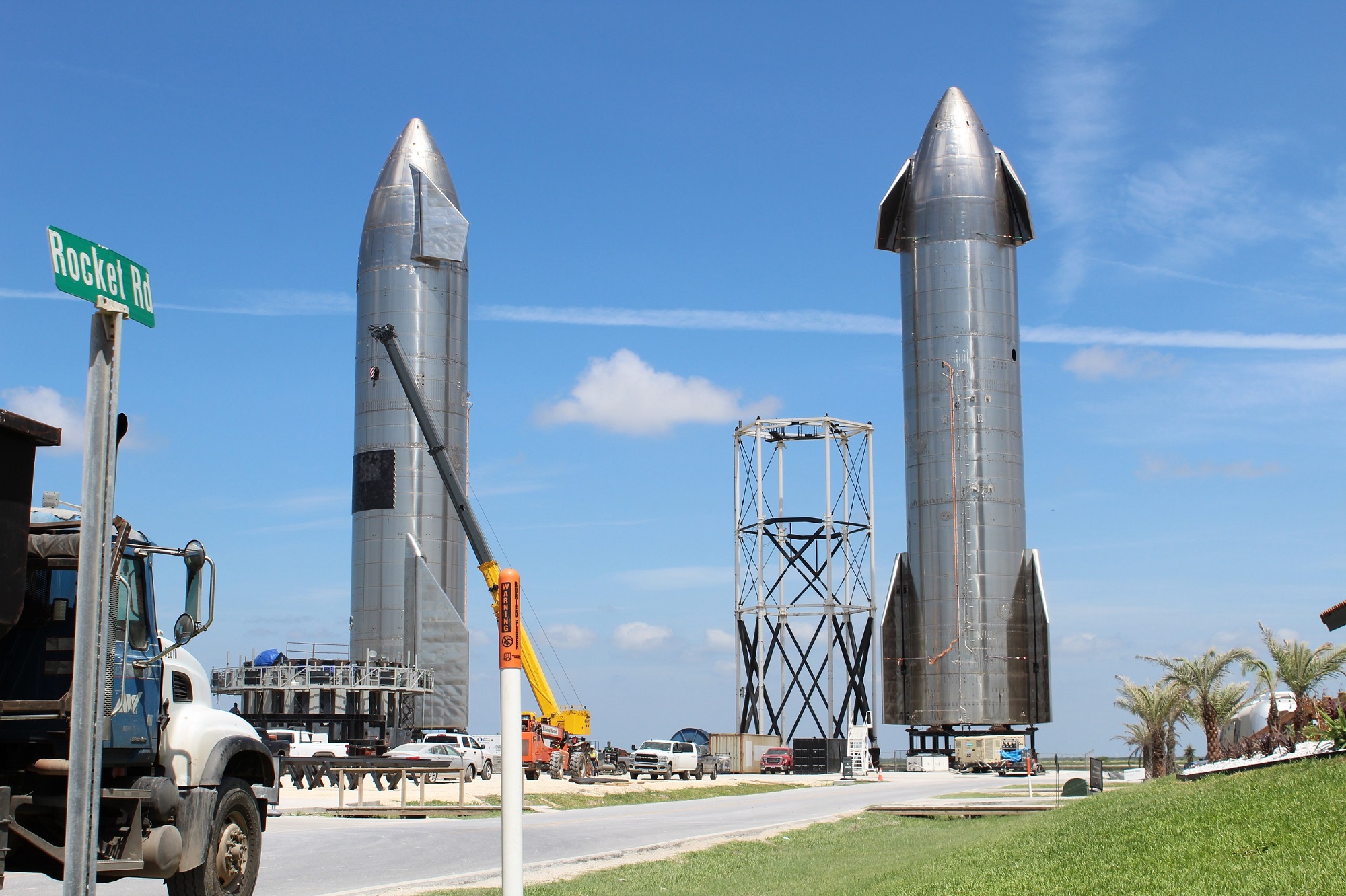SpaceX Starbase expansion plans will endanger endangered species, according to the Fish and Wildlife Service.

Key Highlights
- According to documents obtained through a Freedom of Information Act request, to proceed with Starship plans in Texas, SpaceX must track and mitigate potential harm to listed and endangered species.
- Ultimately, the Federal Aviation Administration is responsible for monitoring SpaceX's operations in Texas.
- The company must get permission from the FAA if it wants to expand its operations and launch rockets other than those made by its Falcon rockets.
Advertisement

According to documents obtained by CNBC from the US Fish and Wildlife Service, SpaceX must take steps to track and mitigate its impact on endangered species and their habitat in order to obtain approval for testing and commercial launches of its Starship Super Heavy lift-launch vehicle in Boca Chica, Texas.
The documents, which were obtained in response to a Freedom of Information Act request, demonstrate that recent declines in an endangered bird species, the piping plover, have already been linked to SpaceX activities at the South Texas facility.
Additionally, the documents indicate that SpaceX is lowering the amount of energy it intends to generate from a utility-scale natural gas power plant on the 47.4-acre launch site.
Advertisement
What is at risk?
Finally, the Federal Aviation Administration must determine and is ultimately responsible for SpaceX's clearances and oversight in Texas.
This FAA approval is necessary for the company to grow its operations and execute launches other than those using its existing Falcon rockets. Likewise, the fate of SpaceX's business agreements in Texas remains uncertain.
Elon Musk, CEO of SpaceX, stated in February that if regulatory difficulties in Texas prove insurmountable, his reusable rocket and satellite internet business may relocate its Starship Super Heavy launch operations to Florida and convert its Boca Chica spaceport into a research and development site.
SpaceX submitted its most recent application to the FAA for the Boca Chica facility in September 2021. The business stated at the time that it intended to construct a new launch pad, a new landing pad, a power plant, natural gas processing facilities, and water infrastructure, including deluge systems and retention ponds for cooling the launch pad.
SpaceX is requesting permission and/or a vehicle operator licence from the FAA to expand its operations and conduct launches of its larger Starship rockets near Brownsville and South Padre Island, Texas. The facility is located on a small plot of land bordered by wildlife refuges.
The FAA examines studies from a variety of different federal and state agencies, as well as local environmental professionals, before providing these licences and permits.
The FAA consults with the Fish and Wildlife Service as part of its process to guarantee that it would not violate the Endangered Species Act if it approves SpaceX's proposed activity.
Advertisement
Wildlife's Effects
The FWS determined — and documented in a document known as a draught biological and conference opinion (BCO) — that if SpaceX proceeds with the proposal it submitted to the FAA, it will have an adverse effect on several species protected under the Endangered Species Act, as well as hundreds of acres of their critical habitat, although the activity will not completely eradicate those species.
The company's expected influence on the mating, migration, health, and habitat of the piping plover, red knot, jaguarundi, and ocelot populations is of particular concern. Disruption and harm can be caused by a variety of factors, ranging from daily vehicle traffic to the noise, heat, explosions, and habitat fragmentation caused by construction, rocket testing, and launches.
Numerous sea turtle species are also at risk, but the US Fish and Wildlife Service deferred to the National Oceanic and Atmospheric Administration for marine life expertise. The Kemp's Ridley sea turtle is one of the turtles that nests on the Boca Chica beaches. It is the world's most critically endangered sea turtle.
The draught decision notes that the site is surrounded by 903.65 acres of essential habitat for piping plover, 446.27 acres of which will be lost directly as a result of SpaceX activities under the proposal filed with the FAA.
Among its recommendations and requirements, the FWS requests that SpaceX carefully monitor affected animal populations, restrict construction and launch activity to specified seasons or times of day and night, and utilise shuttles to reduce worker vehicle traffic on-site.
Additionally, the government is urging additional research to better understand the potential consequences for the monarch butterfly, which is now being considered for listing as a vulnerable or endangered species in the United States.
In general, the FWS judgement may be favourable to SpaceX.
According to Jared Margolis, senior attorney at the Center for Biological Diversity, who read the draught BCO, the agency expects very little in terms of spending, conservation, and other promises from SpaceX.
"It appears as though the Fish and Wildlife Service is bending over backwards to find a way to approve more of what has historically been a highly damaging usage of the Boca Chica property in terms of wildlife consequences," he added.
Margolis stated that the FWS did not want specific or significant conservation commitments from SpaceX. He cited the FWS's requirement that SpaceX give a measly $5,000 per year to an ocelot conservation nonprofit.
Additionally, he stated that a disproportionate number of the agency's requests were essentially recommendations that were not enforceable under the terms and conditions of an eventual FAA authorization.
"This is a firm with enormous resources," Margolis continued, "the bare minimum they should do is address these damages meaningfully."
US Fish and Wildlife Service's press office authorities were unavailable to comment on Margolis' accusations.
Advertisement
You may read the entire draught BCO here: